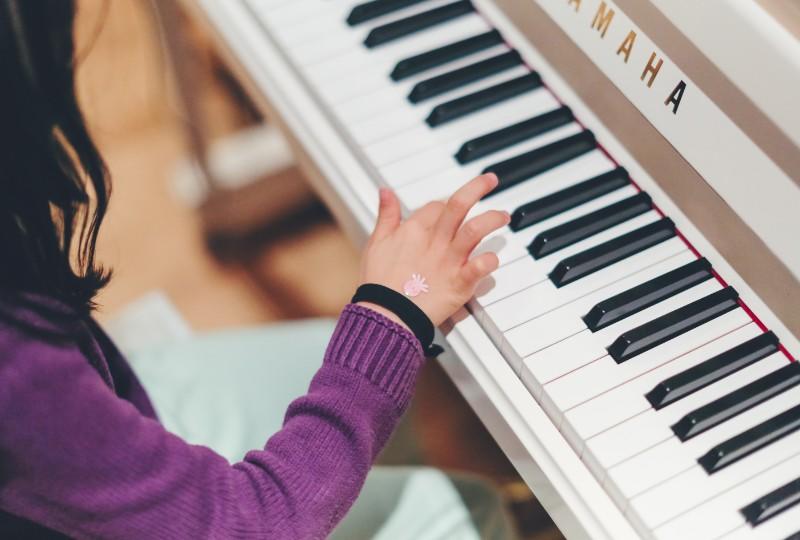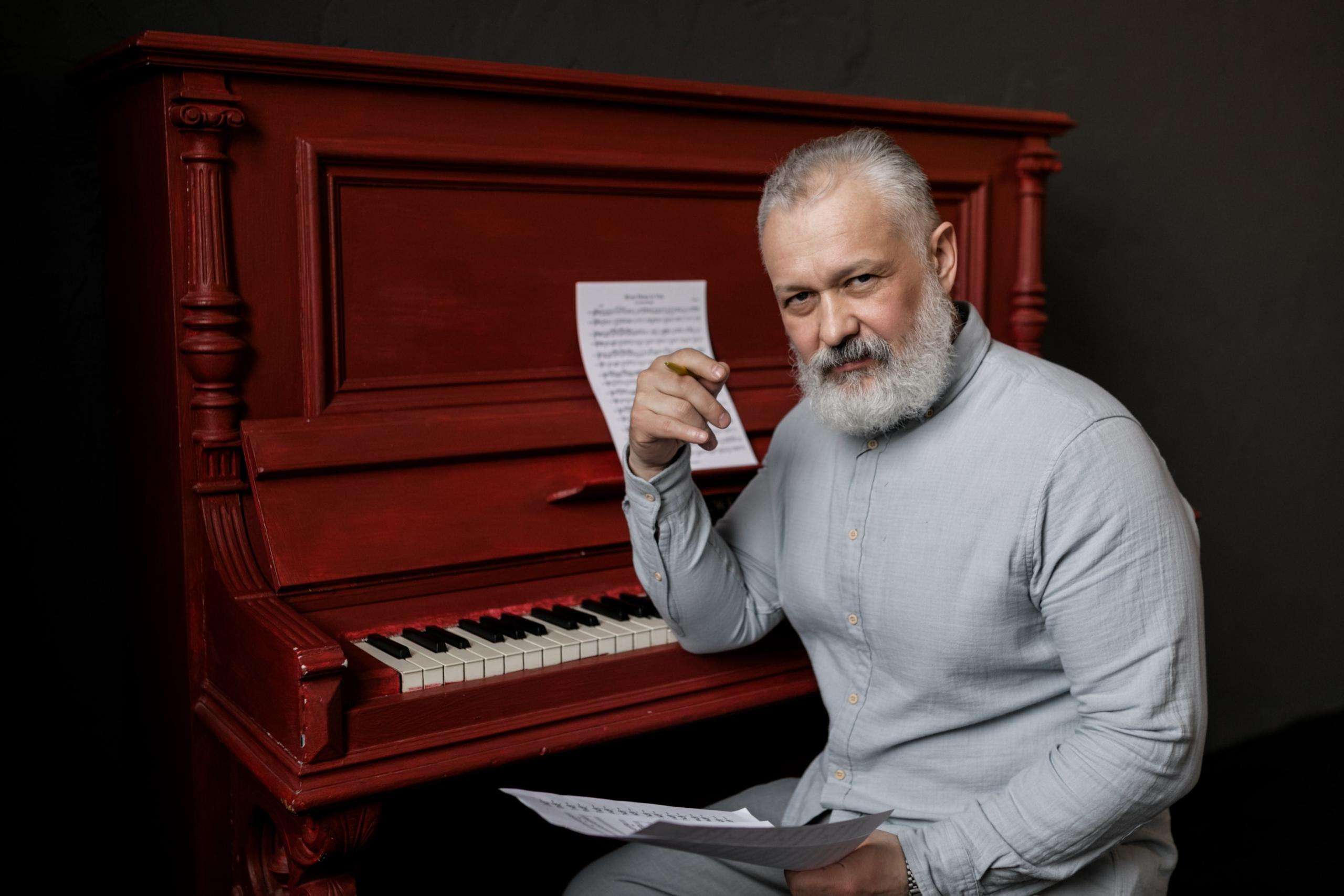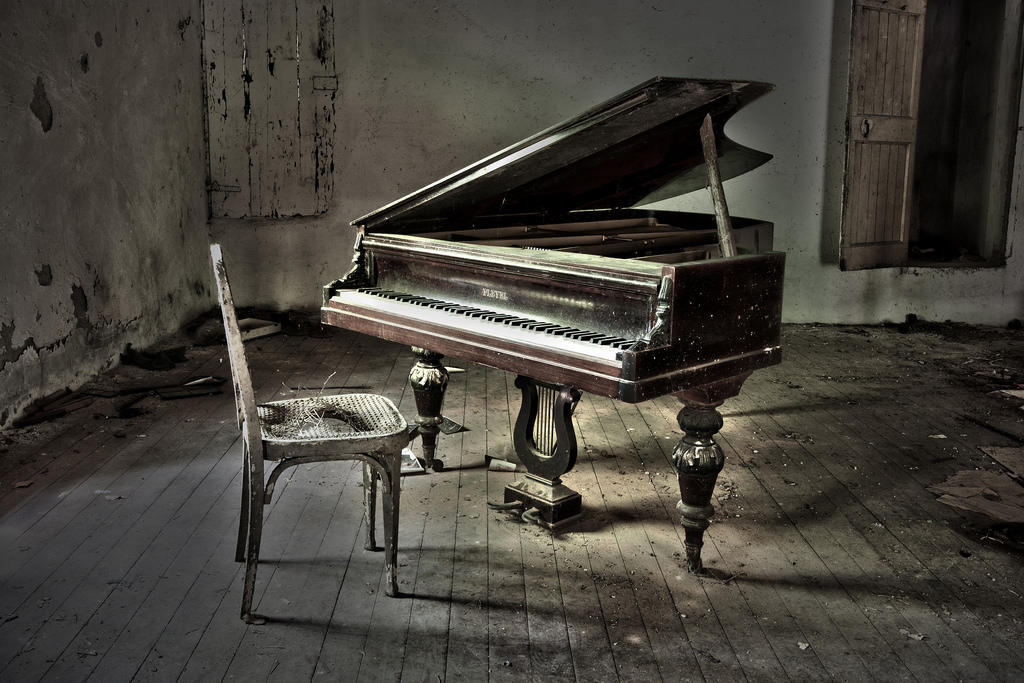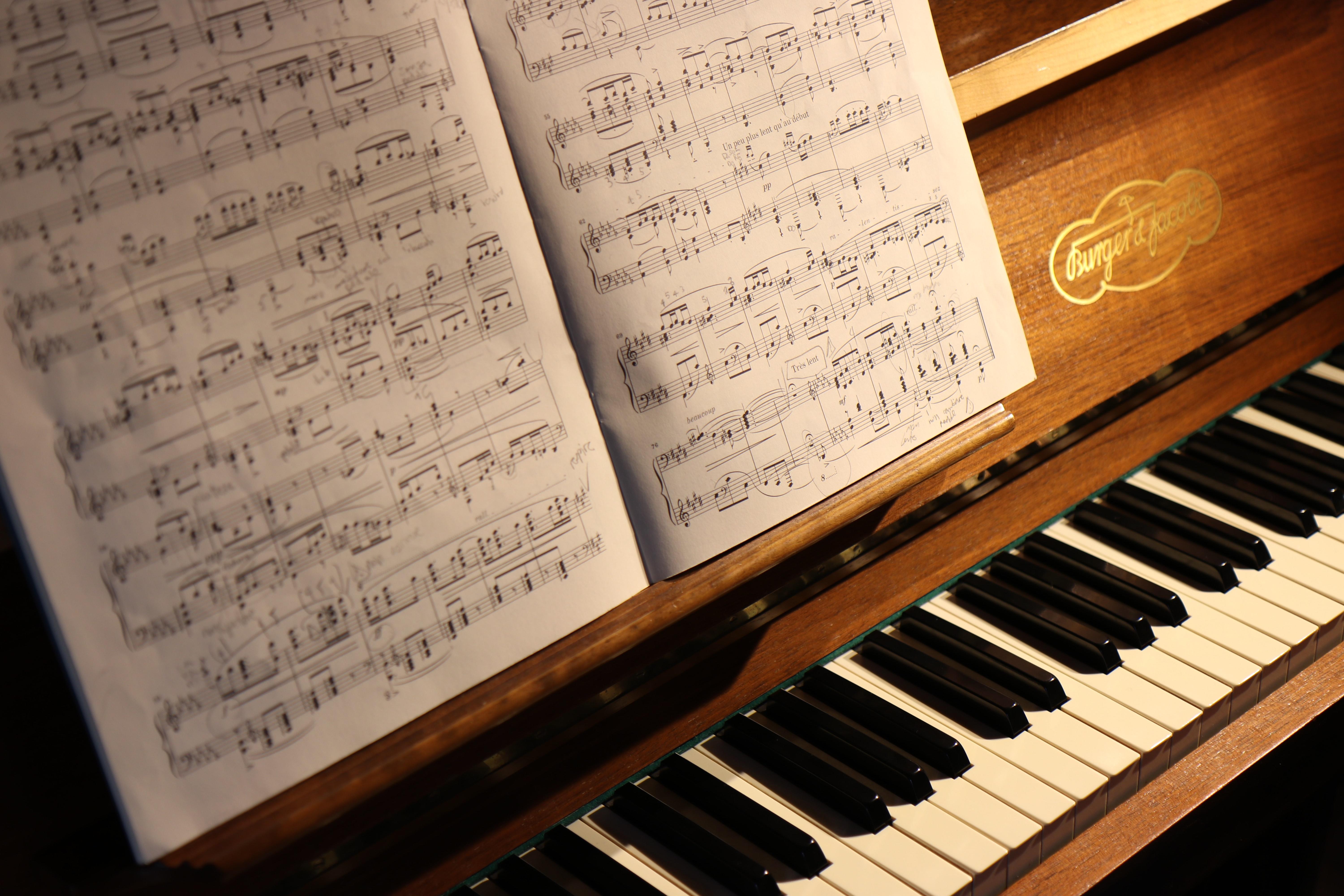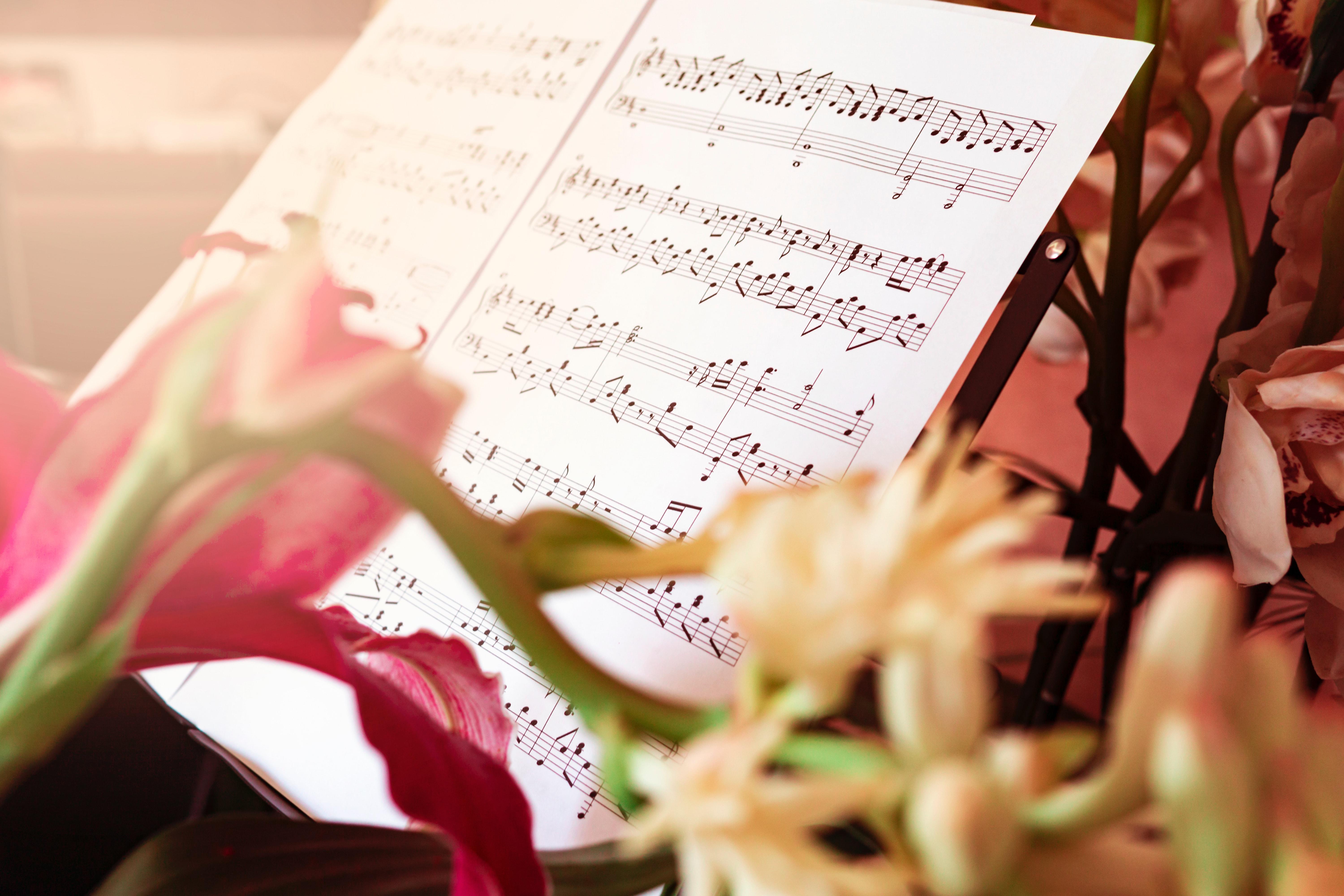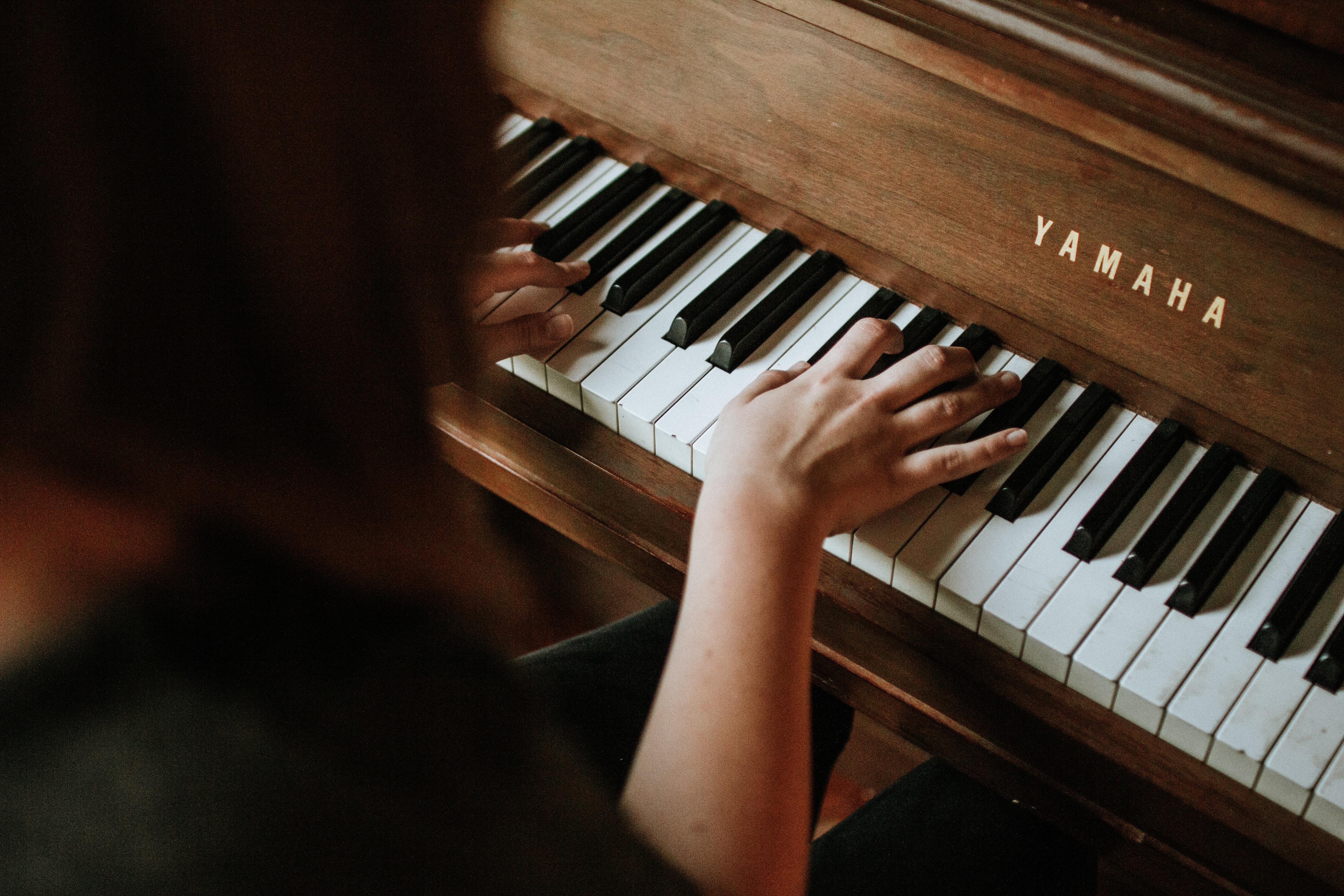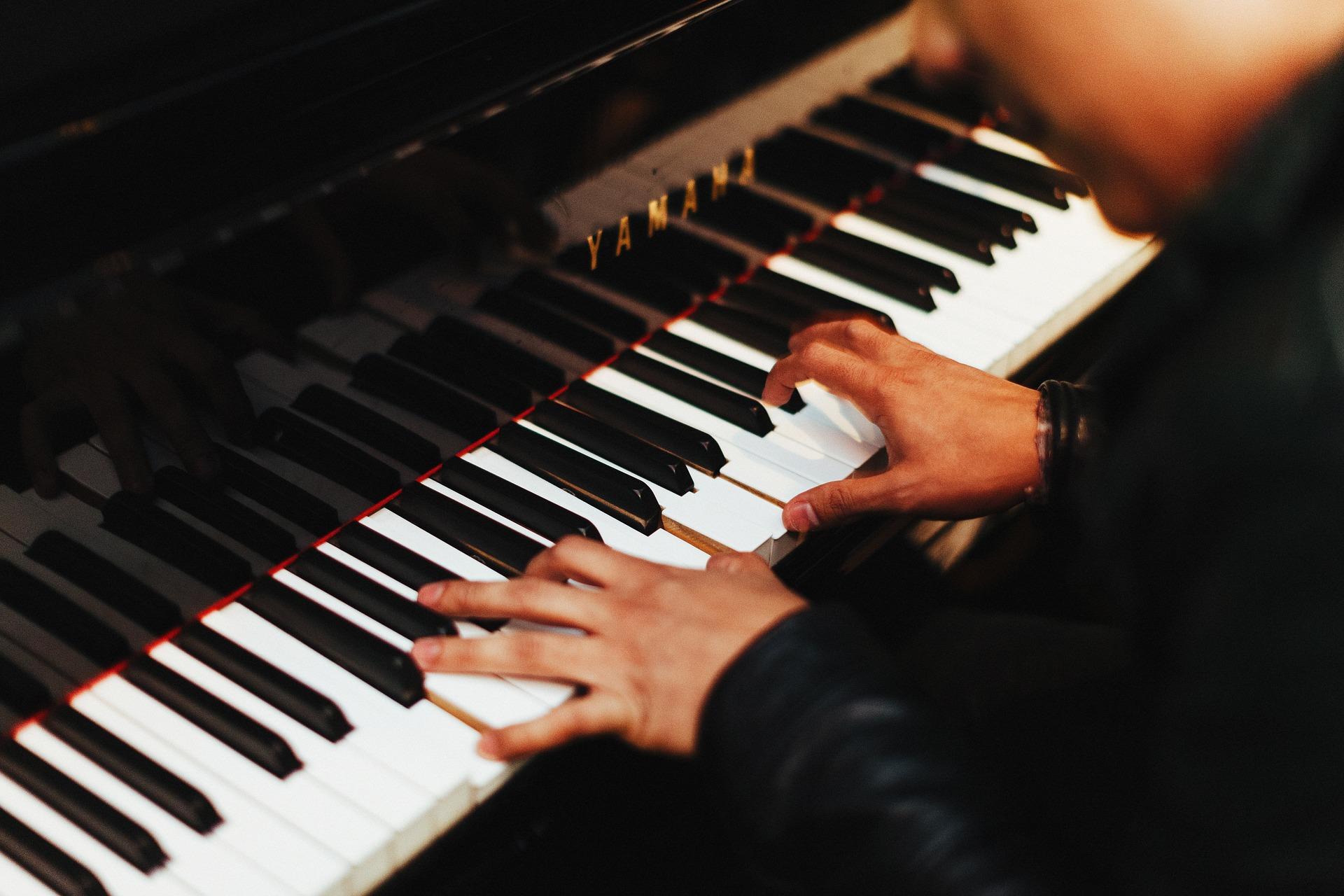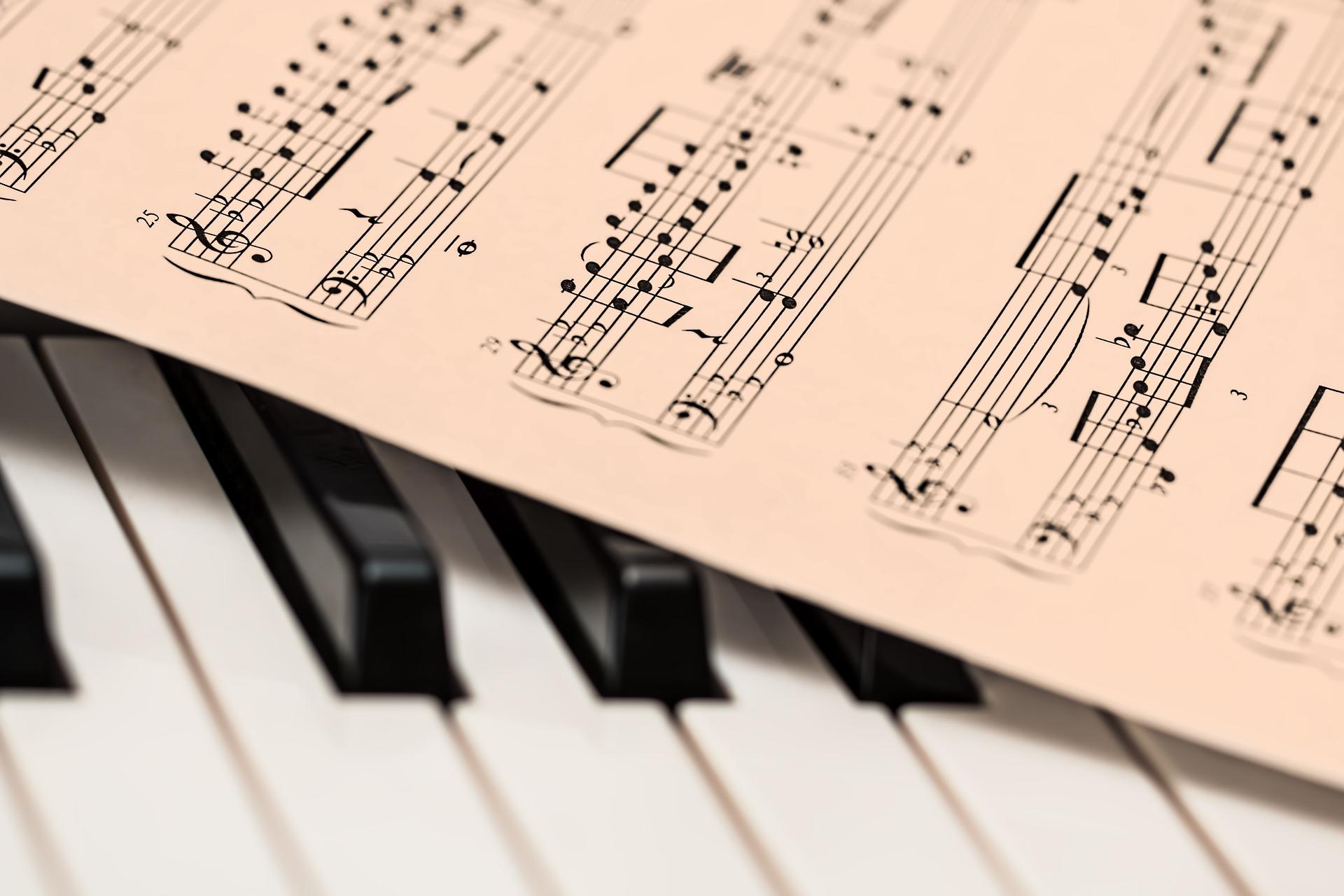Have you always wanted to play the piano but didn't get the time or chance to learn yet? Well, it's time to sit back, relax, and soak up the material that follows in this article.
Honestly, no matter whether you're 5 or 75 all it takes to learn to play the piano and the scales is dedication, an instrument, and a little bit of time. But the tips and tricks we've gathered here might just speed up the process.
"The piano is a universal instrument. If you start there, learn your theory and how to read, you can go on to any other instrument."
- Eddie Van Halen
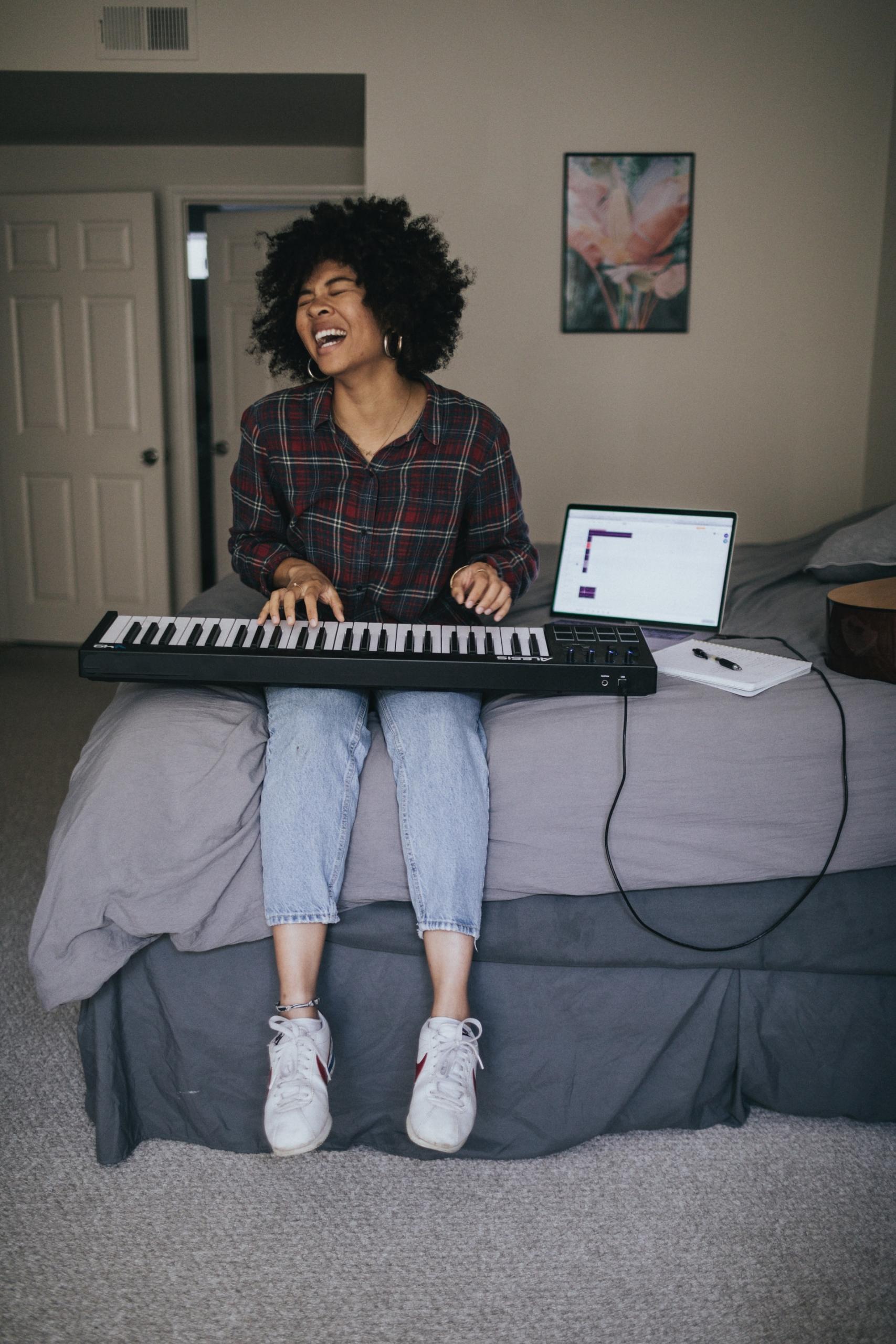

Buying Your First Piano
Buying your first piano can be a little daunting and there will be a lot of questions racing through your mind like:
- How much should I spend on a beginners piano?
- Should I buy a Digital Piano?
- Should I buy an Acoustic Piano?
- What's the difference between the two?
- Is one brand better than the rest?
Fear not, we're here to help answer these questions and guide you towards a choice that's right for you. There are two main things you should consider when buying your first piano are:
- Budget
- Space available
Now that we're aware of all that let's look at both the Digital (electric) and Acoustic Piano in a little more detail.
Buying an Electronic or Digital Piano
You might see people say 'electric piano' and others say 'keyboard'. They might sound like the same thing. But are they? No, not really let's clear this up, shall we?
- An electric piano is specifically designed to replicate the sound of an acoustic piano - but with the benefits that electric amplification brings (volume, size, price).
- A keyboard, however, is something that looks a little like a piano, but has many different sound options available: they can emulate different instruments, etc etc.
Benefits of Going with an Electronic/Digital Piano.
Usually, these instruments come with some benefits that aren't available to the acoustic player.
- If you are just starting out on a piano, electric instruments allow you to plug headphones in. This allows you to practice by yourself without annoying your family or neighbours with your scales and your pieces full of mistakes. You might also want to test out some piano apps to supplement this.
- They also have the option of being turned down - for precisely the same reason.
- An electric piano is usually smaller than its acoustic cousin - meaning it might more easily fit into your lounge or bedroom.
- The electronic keyboard comes may come with different sound effects, backing tracks, and an in-built metronome.

Yamaha P-45 Stage Piano Bundle
The cost of a decent Electric/Digital Piano starts at around €500.
The Yamaha P-45, which has the full eighty-eight keys and a much more sophisticated sound engine - is designed to really sound like you are playing the real thing. On an acoustic piano, the bass keys are heavier (as the strings that the hammers strike are thicker), and this model replicates that effect. Why does it matter how many keys are on a piano? Make sure to do your research on piano keys, because your technique will improve by playing on an authentic-feeling instrument.
Benefits of the Acoustic Piano
For actual pianists, an acoustic sounds great. No electric piano can fully replicate the depth of sound, the natural volume, or the tone of an acoustic. If you are committed to making beautiful music on your piano keyboard, there isn't really any competition.
If you are a serious musician, with ambitions to play in concert halls, you don't really have a choice. Most theatres are equipped with a grand piano, so you will need to practice with an instrument that feels like your performance instrument.
Entry Level: Yamaha B1 Upright Acoustic - €3,629
Yamaha is a very reliable brand for pianos - and their pianos are used by amateurs in the home, professionals in the studio, and concert pianists on stage. Knowing this, the Yamaha piano is a great entry-level acoustic instrument - with quality craftsmanship, a high gloss finish, and a great sound. It's the only size of piano that will reasonably fit in a home - and is €3629.
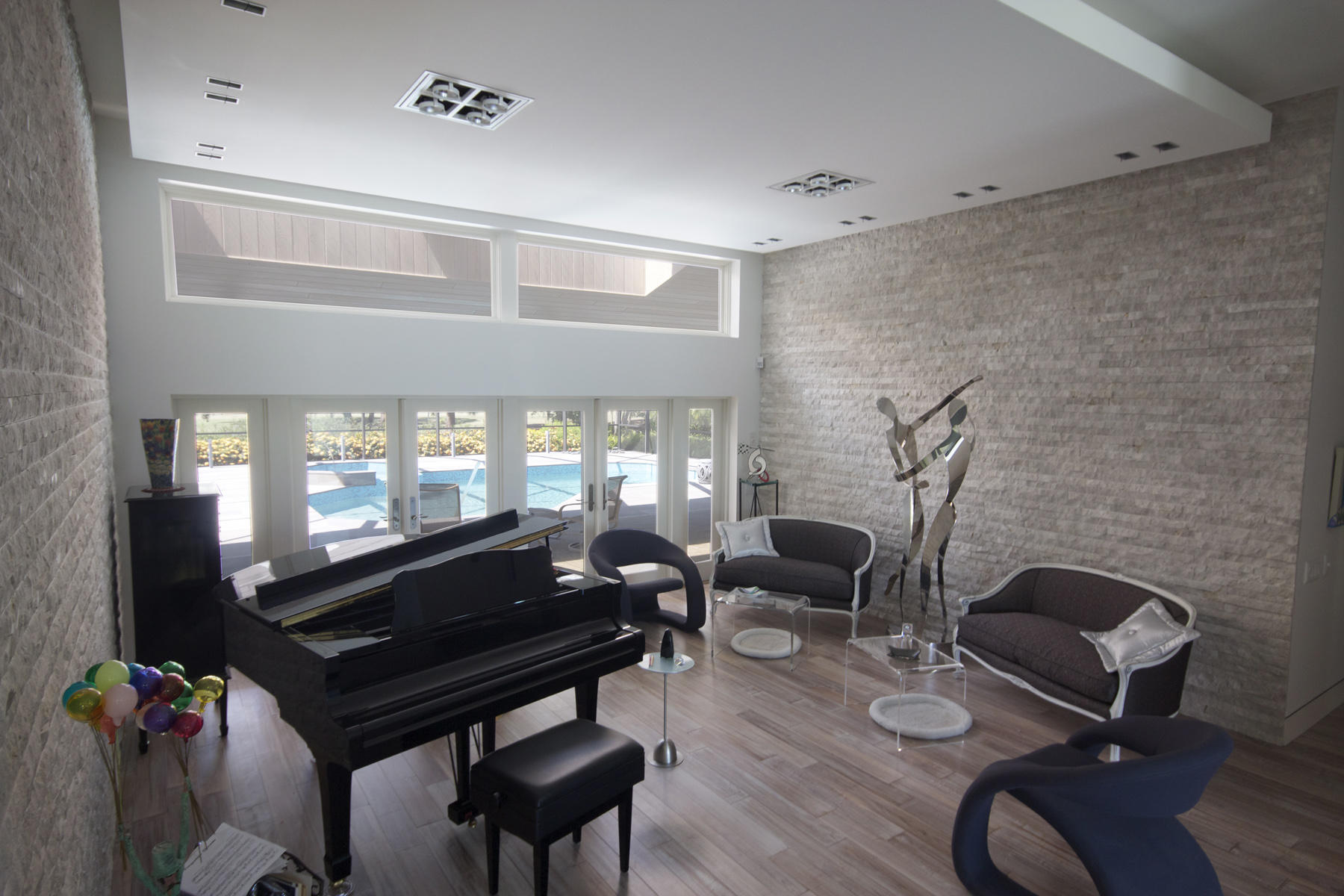
Learning to Play the Piano with a Private Teacher
In addition to teaching you how to play, your tutor can probably also advise you on which piano you should buy. There are several stages to learning to play the piano.
A lot of the tutors on Superprof offer free tuition for the first hour. This is often to work out what the student will need in terms of tuition and allows the tutor and the student to see if they get along.
Sometimes students realise that a certain style of teaching just doesn’t work for them.
That’s why you need to discuss this with a potential tutor so you’ll know exactly whether or not their tutorials will work for you. You can then hire them for a few months or even a year. Some tutors taught themselves to play the piano, which might work for certain piano students needing piano theory or practical training.
You need to start by asking yourself important questions about why you want to learn piano:
- How quickly do I want to learn to play the piano?
- What type of music would I like to play?
- Why do I want to learn to play the piano?
Whether you’re doing a piano tutorial in your house, free piano lessons online, private lessons or a music school music teaching often follows a particular structure musical training, reading piano music, musical culture, arpeggios, etc...
To find out exactly what to expect during your piano lessons, you should ask your private piano tutor during the first lesson. It's also a good idea to let your piano teacher know about your own personal goals during your first lesson as well as discuss things such as:
- Whether you're a beginner, intermediate, or advanced piano player.
- Their rates per hour if they do special bundles.
- Their experience and teaching style or the way they teach lessons.
Summarise with AI:

